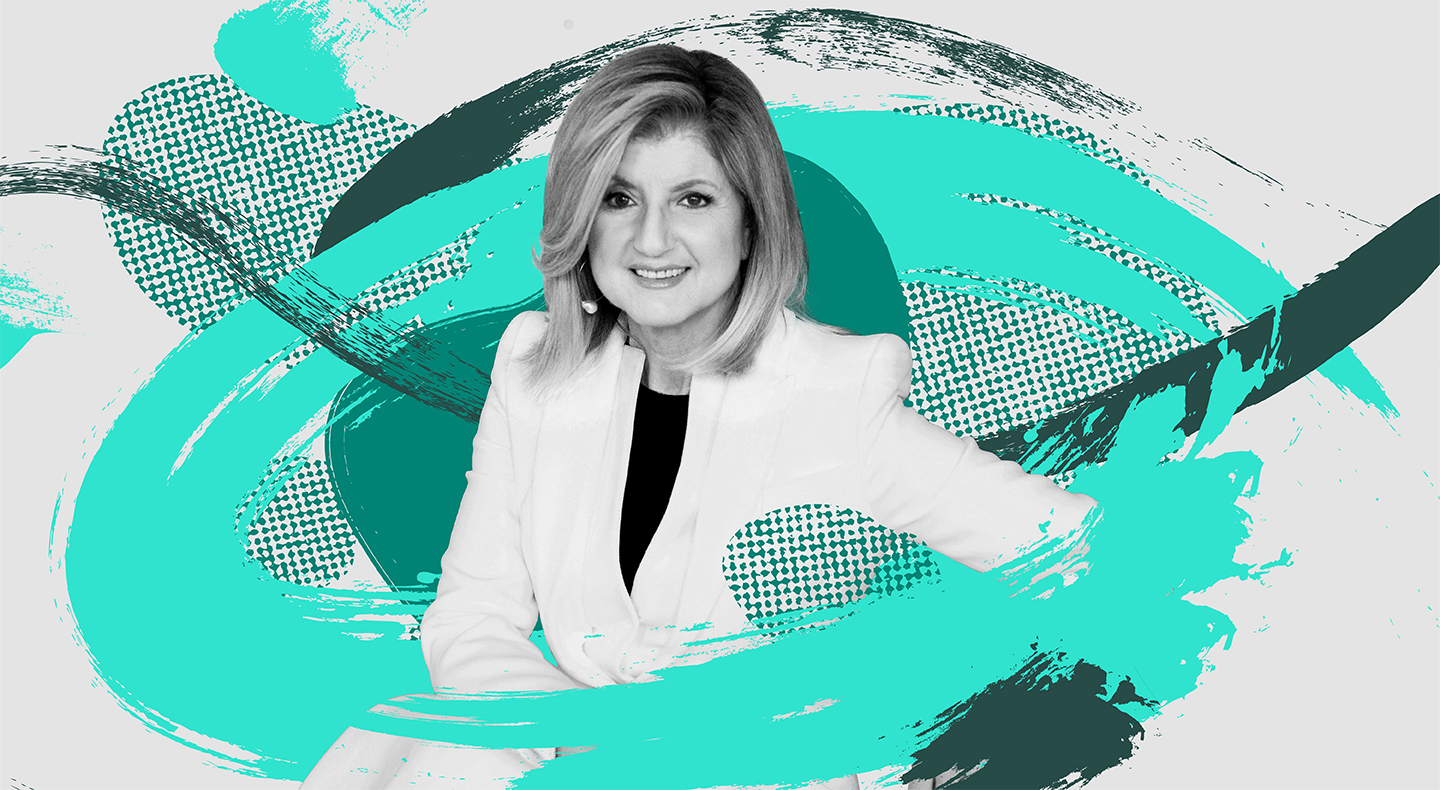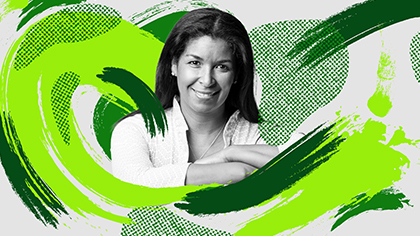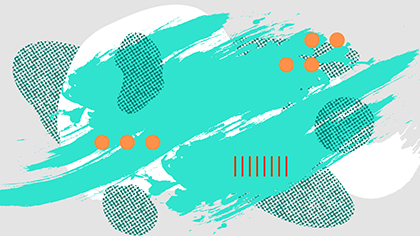Huffington, co-founder of The Huffington Post, now HuffPost, is the second guest for Season 2 of Microsoft’s WorkLab podcast, in which host Elise Hu has conversations with economists, technologists, and researchers who explore data and insights into why and how work is changing. This week, Colette Stallbaumer, general manager of Microsoft 365, sits in the host chair for this insightful conversation with Huffington.
Three key insights from their talk:
To go deeper into the theme of intentionality, correspondent Mary Melton checks in at the end of the episode with Kate Nowak, a researcher at Microsoft who’s leading a team that’s improving the employee experience through product experimentation and incubation. She shares advice about how to create a more inclusive atmosphere in video meetings.
WorkLab is a place for experts to share their insights and opinions. As students of the future of work, Microsoft values inputs from a diverse set of voices. That said, the opinions and findings of the experts we interview are their own and do not reflect Microsoft’s own research or opinions.
Follow the show on Apple Podcasts, Spotify, or wherever you get your podcasts.
Here’s a transcript of the Episode 2 conversation.





